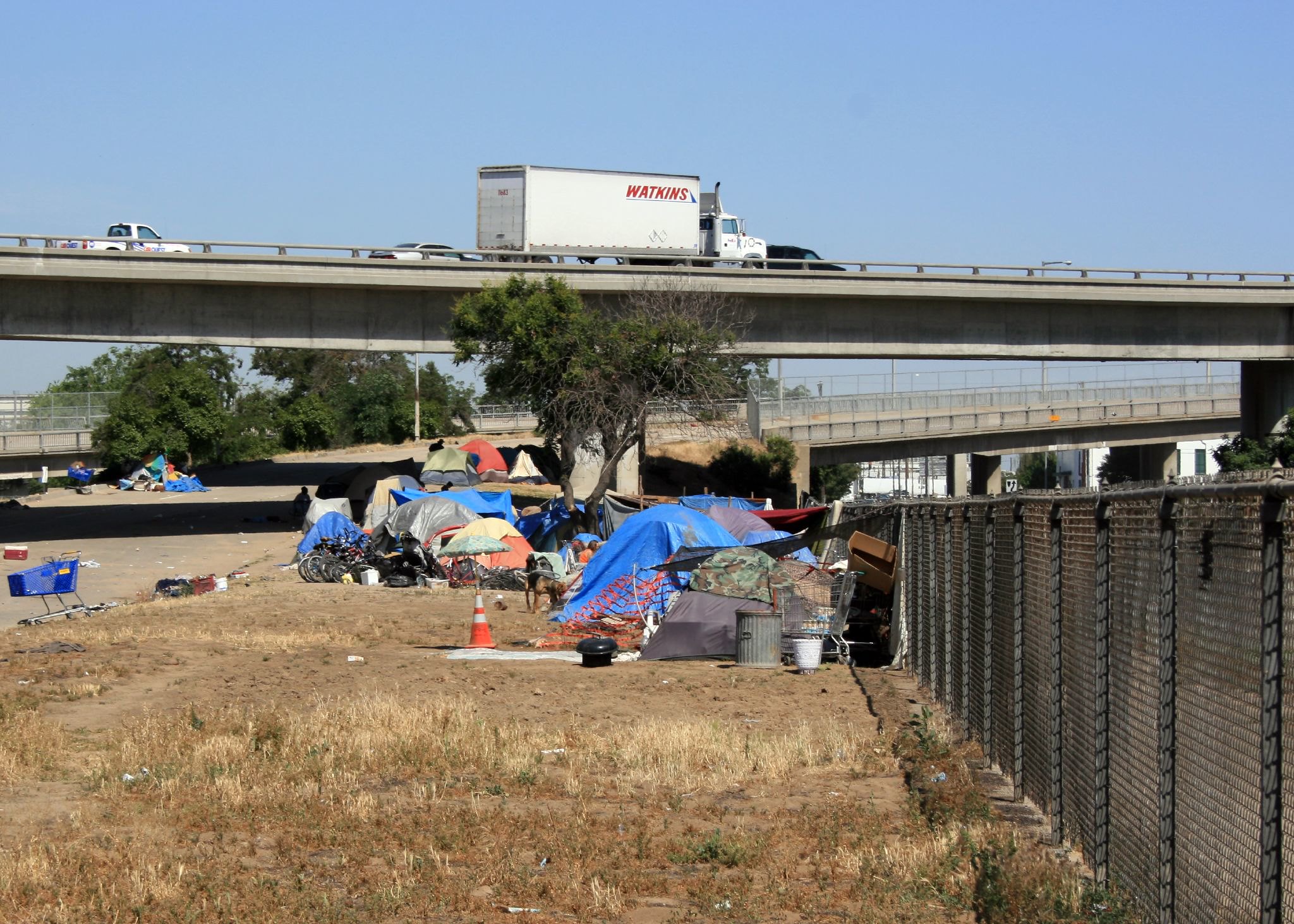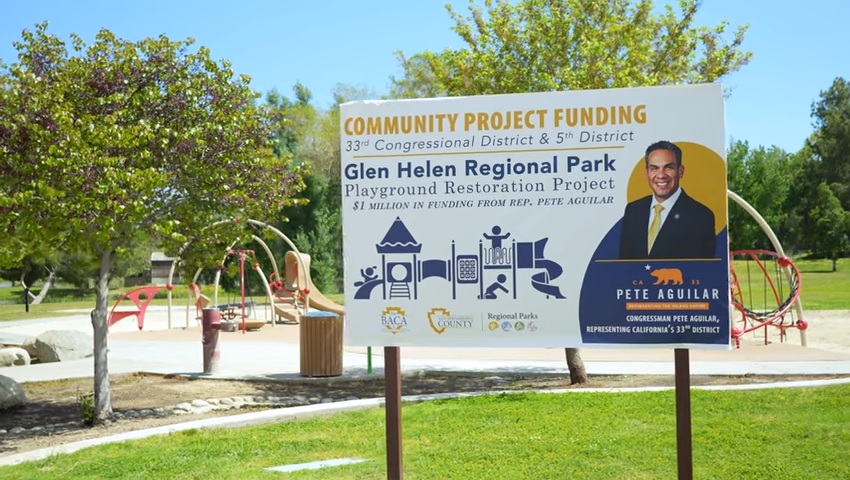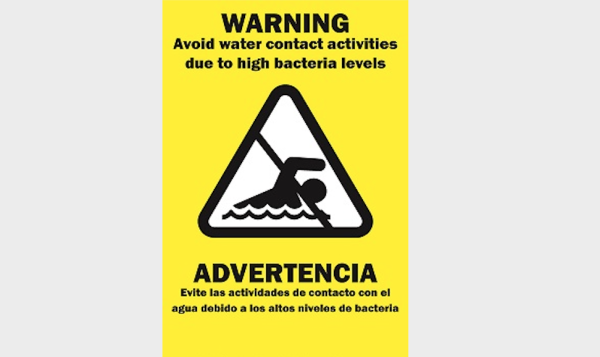The City of San Bernardino has issued a statement regarding the Supreme Court decision involving the case Grants Pass v Johnson, which considered whether the prohibition of camping in public places by cities was considered cruel and unusual punishment.
“Today’s ruling by the Supreme Court will not solve the homelessness issue, however it does provide much needed clarity. It confirms that cities like San Bernardino have the legal authority to maintain and clean public property and can make that public property available to all residents, not just those who are unhoused.
We hope this ruling will encourage more individuals to accept the services available to help them stabilize their lives and we look forward to returning San Bernardino parks to our families and children.
The ruling does not affect the current injunction the City of San Bernardino is under restricting its ability to address encampments. So, despite the ruling, the City remains prohibited from performing encampment cleanups. We continue to work to have the injunction lifted or end the case and expect to have a resolution very soon.”
On Friday, the U.S. Supreme Court rejected a constitutional challenge to ordinances enacted by Grants Pass, Oregon to cite homeless individuals sleeping in public places, citing that it did not qualify as “cruel and unusual.” In the Grants Pass case ruling, by a 6–3 vote, the court holds that penalizing homeless people for sleeping outside when there is no available shelter does not violate the 8th Amendment. The ruling granted cities more power to arrest, cite and fine people who sleep outside in public places — overturning six years of legal protections for homeless residents in California and other western states.
The City of San Bernardino is currently under a preliminary injunction issued in January by Judge Terry Hatter in a case filed by the American Civil Liberties Union, the SoCal Trash Army, and three individuals alleging violations of the Americans with Disabilities Act and the handling of personal belongings of individuals during an encampment cleanup.







